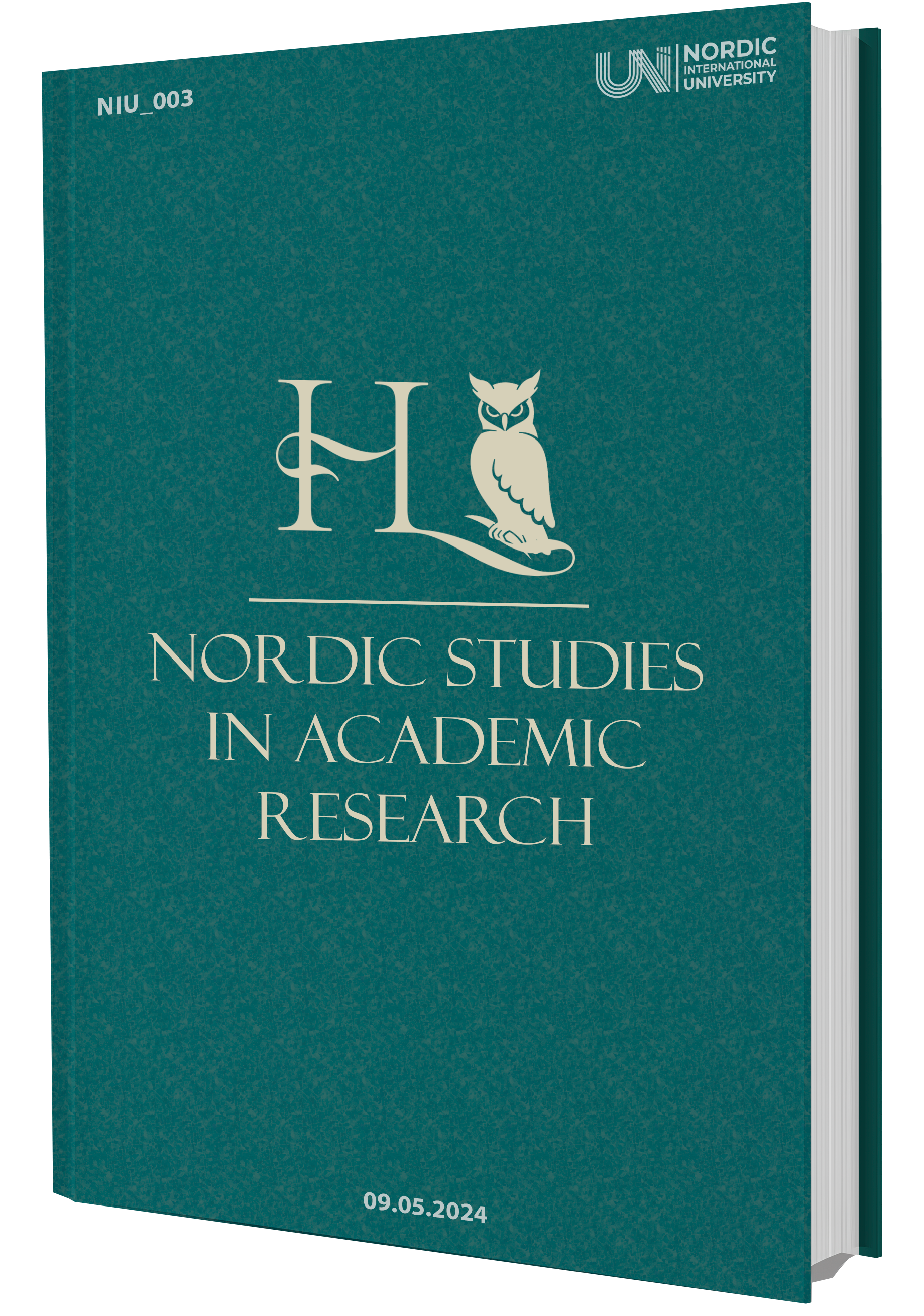TEST MODIFICATION PROJECT
Аннотация
Traditionally teaching processes are followed by testing the acquired knowledge through courses. Designing test materials with appropriate questions, distractor along with precise keys are considered to be responsible duty which requires meticulous analysis. However, experts might face with issues such as two correct keys or inappropriate context or content of the questions. Addressing these testing problems the following article investigates the concerns and the modification of one particular test that has been used in one of the schools of Uzbekistan.
Библиографические ссылки
Bachman, Lyle F.(1990). ·Fundamental considerations in language. New Oxford University Press
Brown, H. D. & Lee, H. (2015). Teaching by principles an interactive approach to language/ pedagogy. New York: Pearson Education, 10 Bank Street.4 (pp.315, 426)
Graves, K. (2000). Designing language courses: a guide for teachers. P.100. Boston; Heinle and Heinle Thompson Learning.
Hughes, A. (2003). Testing for Language Teachers (2nd edition). Cambridge: CUP. https://dx.doi.org/10.1017/CBO9780511732980.012
Mann, M. & Taylore- Knowles, S. (2008). Destination B2: Grammar and Vocabulary. (2nd ed.) Macmillan Education.
Oller, John W. (1983) Issues language Testing. Rowley, MA: Newbury House
Rashidova F., et al. (2018) “ English book pupil’s book for 10th grade pupils of secondary schools. Tashkent: “Uzbekistan”
Sodiqova, D. (2022). LINGUISTIC CHARACTERISTICS OF PHRASEOLOGISMS INVOLVING CLOTHES NAMES IN ENGLISH AND UZBEK. Oriental renaissance: Innovative, educational, natural and social sciences, 2(Special Issue 28-2), 206-212.
Sodiqova, S., & Sodiqova, D. (2022). REKLAMANING LISONIY VA NOLISONIY XUSUSIYATLARI. Journal of Integrated Education and Research, 1(4), 717-721.
William. (2011). What is assessment for learning? Studies in Educational Evaluation.37(2011) 3-14. Retrieved from http://www.elsevier.com/stueduc
Загрузки
Опубликован
Выпуск
Раздел
Лицензия
Copyright (c) 2024 Dinora Sodikova

Это произведение доступно по лицензии Creative Commons «Attribution-NonCommercial» («Атрибуция — Некоммерческое использование») 4.0 Всемирная.
Условия лицензии
Эта работа доступна под лицензией Creative Commons Attribution-NonCommercial 4.0 International License. Чтобы просмотреть копию этой лицензии, посетите http://creativecommons.org/licenses/by-nc/4.0/ или отправьте письмо по адресу Creative Commons, PO Box 1866, Mountain View, CA 94042, США.
По этой лицензии вы можете:
Поделиться — копируйте и распространяйте материал на любом носителе и в любом формате.
Адаптируйте — делайте ремиксы, трансформируйте и дорабатывайте материал.
Лицензиар не может отозвать эти свободы, если вы соблюдаете условия лицензии. На следующих условиях:
Атрибуция. Вы должны указать соответствующую ссылку, предоставить ссылку на лицензию и указать, были ли внесены изменения. Вы можете сделать это любым разумным способом, но не таким образом, который бы предполагал, что лицензиар одобряет вас или ваше использование.
Некоммерческое использование — вы не имеете права использовать материал в коммерческих целях.
Никаких дополнительных ограничений. Вы не имеете права применять юридические условия или технологические меры, которые юридически запрещают другим делать все, что разрешено лицензией.





